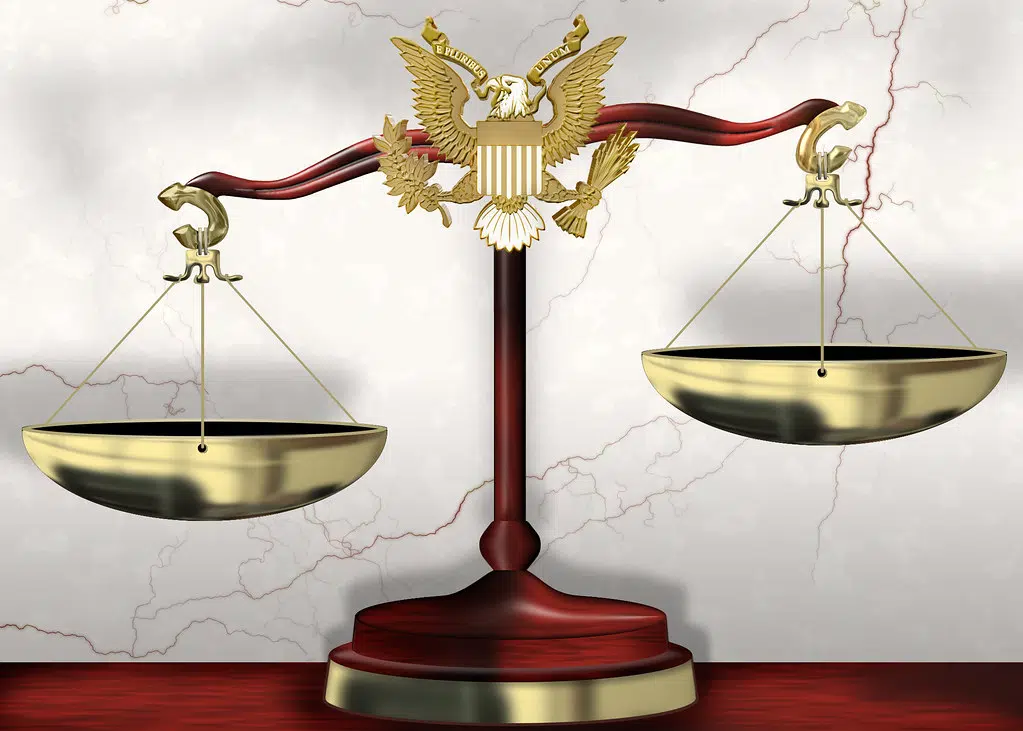LANSING, MI (WKZO AM/FM) – In anticipation of U.S. Supreme Court ruling on the landmark Roe v. Wade abortion case, Michigan Governor Gretchen Whitmer and Planned Parenthood, the ALCU of Michigan, and an abortion provider have filed lawsuits Thursday to block a state law banning abortions.
Whitmer says she has sued to protect abortion rights, asking the Michigan Supreme Court to recognize a right to abortion under the state constitution and to overturn a 176-year-old ban in the state that may take effect if Roe v. Wade is overturned on a federal level.
The Democratic governor’s preemptive lawsuit, which was filed in Oakland County against prosecutors in 13 counties with an abortion clinic, came as the U.S. Supreme Court’s conservative majority considers allowing states to ban abortion much earlier in pregnancy and potentially overturning the right.
The governor is asking the Michigan Supreme Court quickly take the case rather than let it wind through lower trial and appellate courts.
“It was important for us to take action now, to ensure that women and providers across the state of Michigan know whether abortions will still be available in the state because it impacts their lives and our health care providers’ practices. It’s crucial that we take this action now to secure and ensure that the Michigan Constitution protects this right that we have had available for 49 years,” Whitmer told The Associated Press, saying nearly 2.2 million women may lose access to a safe, legal medical procedure.
Michigan is among eight states with an unenforced abortion ban that was enacted before the 1973 Roe decision legalized abortion nationwide. The 1931 law, which dates to an 1846 ban, makes it a felony to use an instrument or administer any substance with the intent “to procure the miscarriage” of a woman unless necessary to preserve her life.
Whitmer wants the Michigan Supreme Court to declare a state constitutional right to abortion and to strike down the 1931 law, which could go back into effect is Roe is overturned or weakened. The lawsuit argues that the law is invalid under the due process and equal protection clauses of the state constitution.
(some reporting from WOOD-TV 8, Grand Rapids)





